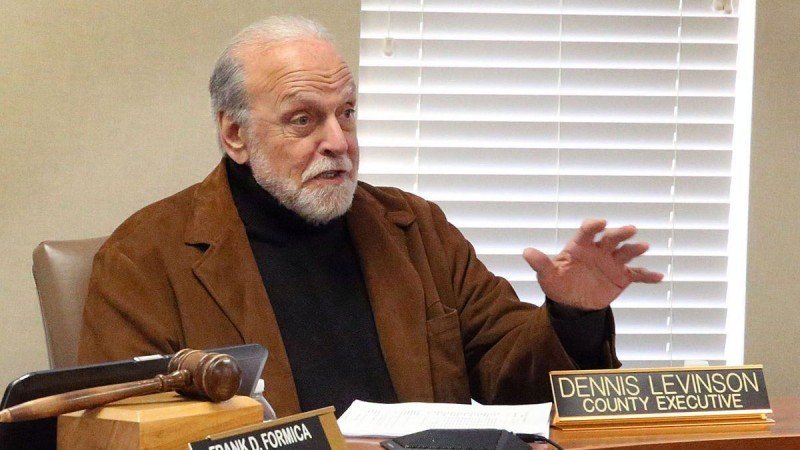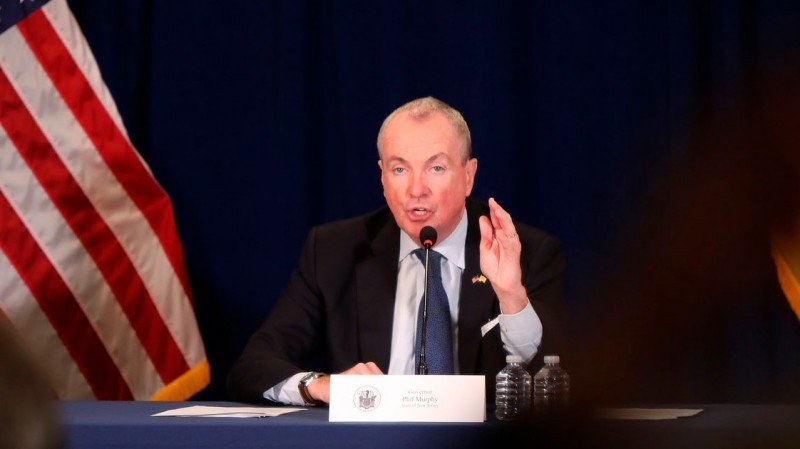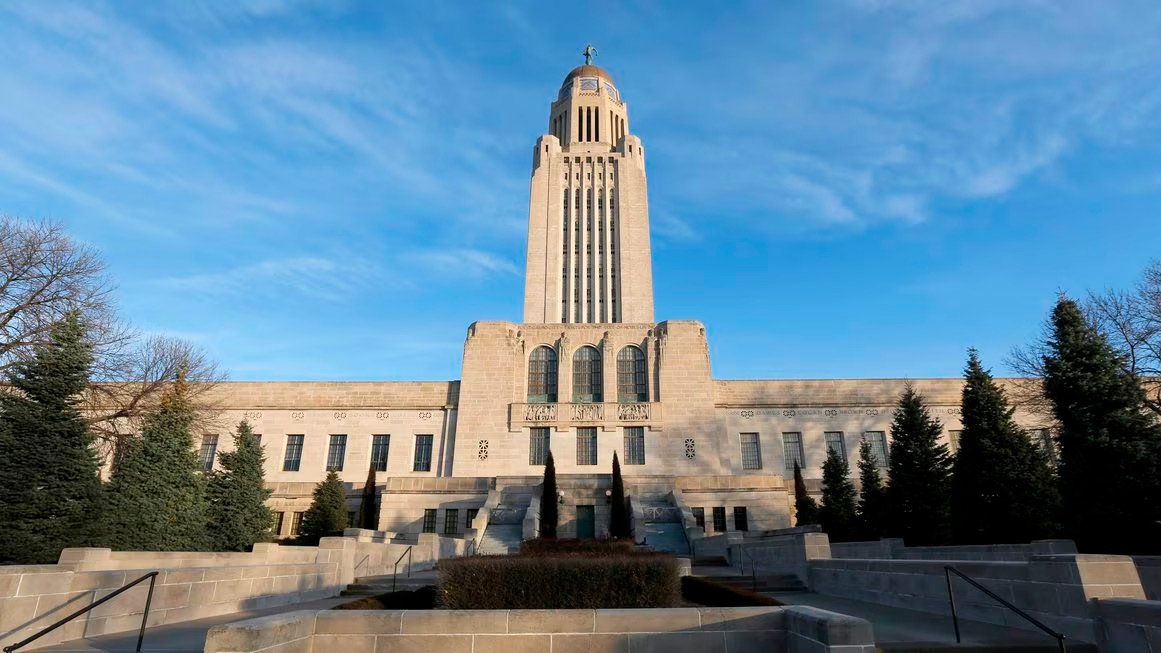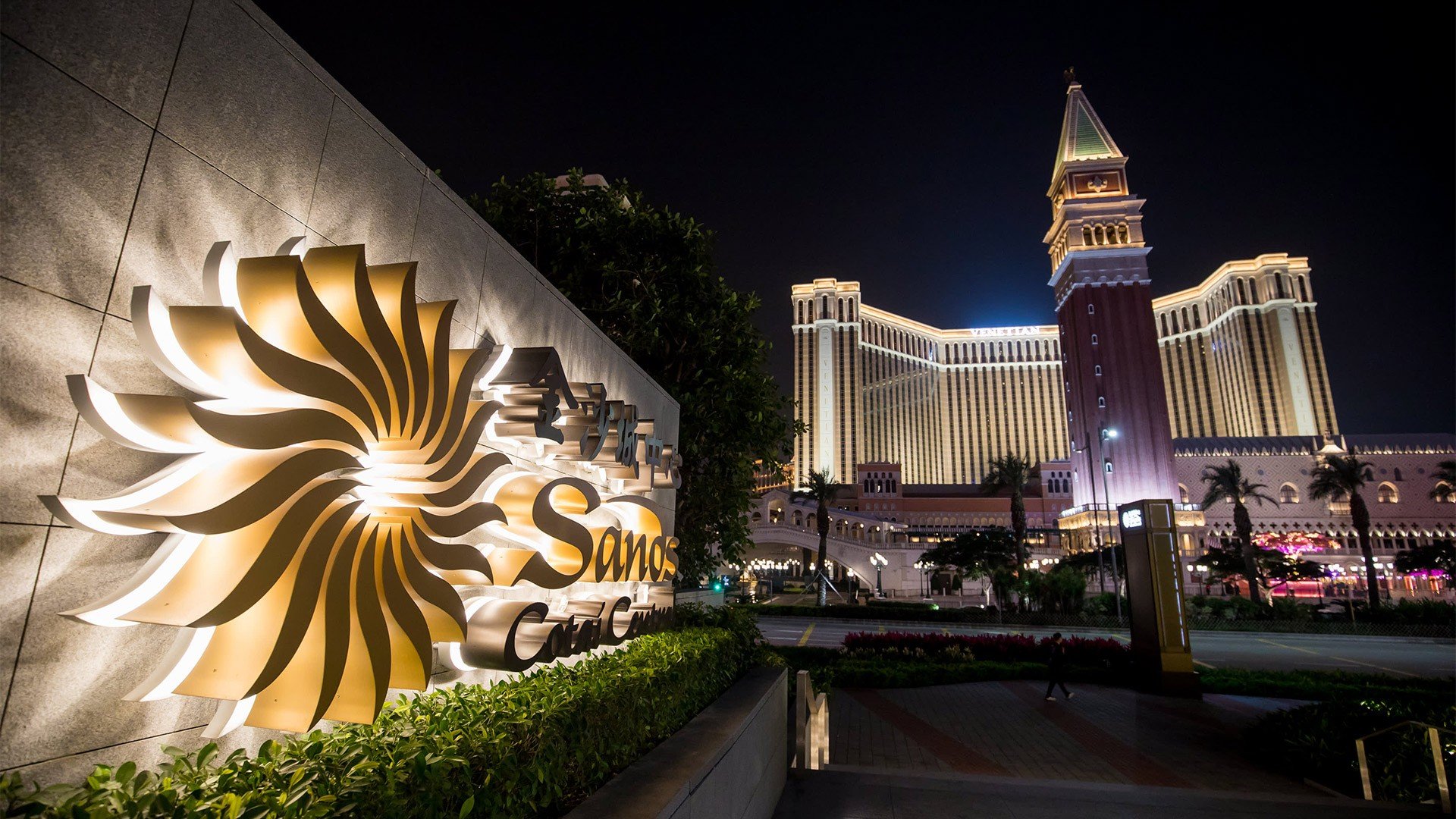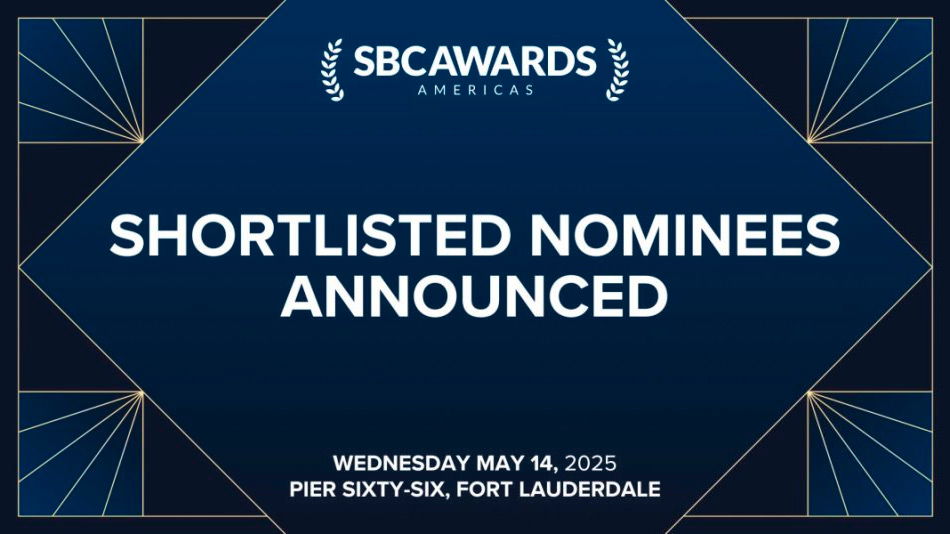New Jersey judge orders Atlantic County be paid millions over casino tax break case; state seeks to appeal
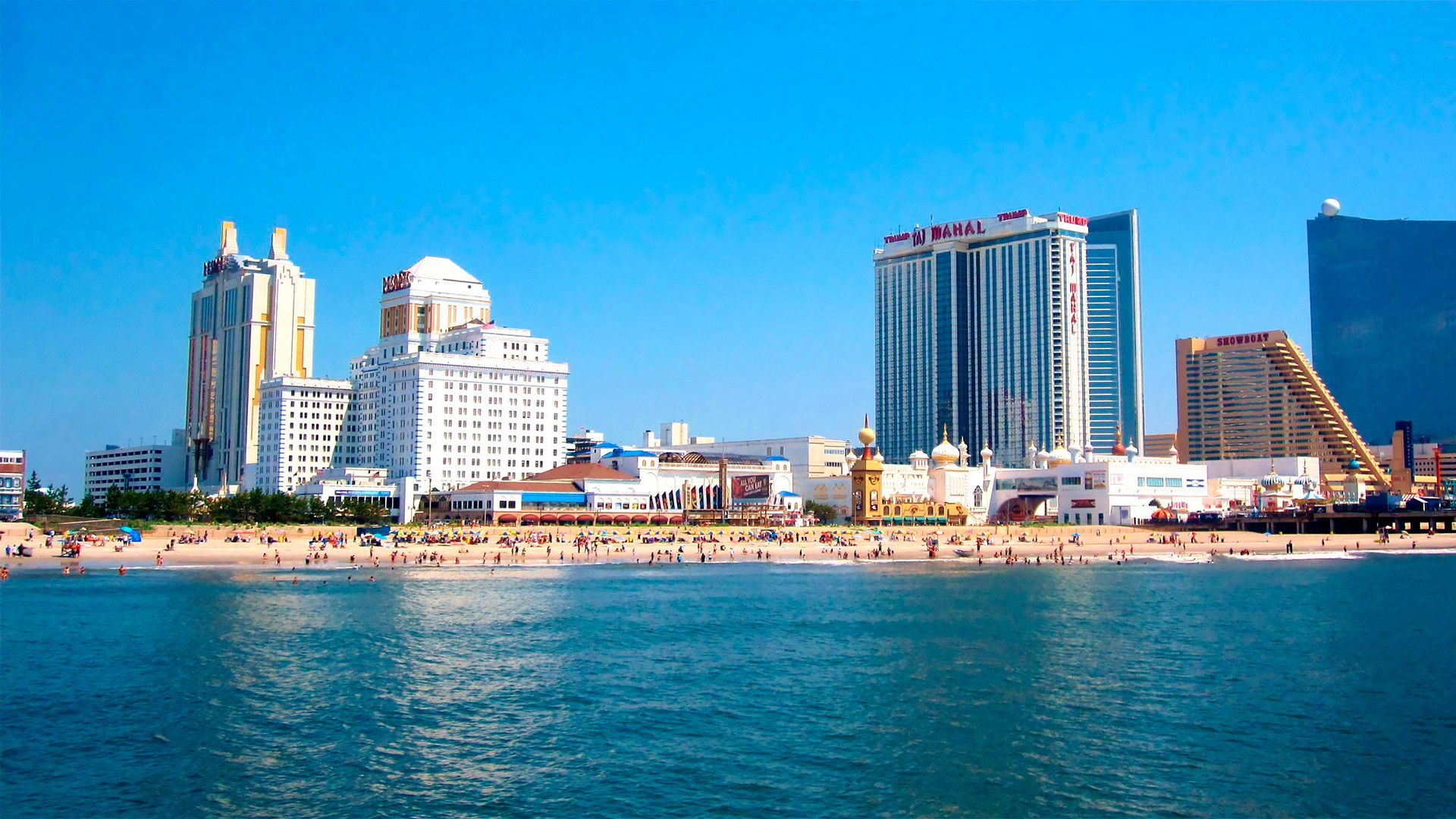
In a decision in the county’s lawsuit over changes to the casino payment in-lieu-of-taxes legislation, New Jersey Superior Court Judge Michael Blee has ordered the state to make an immediate payment of $2.36 million to Atlantic County, and more substantial future payments.
However, the state on Monday asked Blee for a stay pending Appellate Court review, which would prevent the state from having to make the payment this week, and two payments of about $5.6 million on August 15 and November 15.
Attorneys for the state argued in a brief supporting the stay request that making the payment in such a short time frame is “burdensome” and that the court’s quarterly payment calculation “overstates the state’s obligation" by about $4.4 million.
Atlantic City casinos
Attorney John Lloyd of Chiesa Shahinian & Giantomasi also argued the state had the right to change the PILOT law, and that it stood a good chance of winning on appeal, so the stay should be granted, according to the Press of Atlantic City.
The first payment is expected by August 5 to cover the shortfall in payments made to the county so far this year. If the payments are ultimately upheld, the county would receive more than $22 million in PILOT payments this year.
Superior Court Judge Joseph Marczyk previously ruled that the state had violated the terms of a 2018 consent order when it changed the rules of how casinos would make PILOT payments. The new legislation removed internet and sports gaming revenues from what the state considered gross gaming revenues, and the county estimated that change would cost it about $5 million a year.
Additionally, Blee’s order requires the State to make quarterly payments through 2026 under the terms of the consent order, which does include online gaming and sports betting revenues, the cited source further reports. The county is also to receive attorney fees and other costs to be determined in further proceedings.
County Executive Dennis Levinson.
County Executive Dennis Levinson said in a statement that this is “a big win” for the taxpayers of Atlantic County. “Our fight was to protect their best interests and hold the State accountable for its court-ordered agreement," he claimed.
Levinson added that the county advised Governor Phil Murphy the amended PILOT legislation would breach the terms of the consent order, but Murphy ignored repeated attempts to communicate.
“After our suit was filed, the State refused to mediate despite being strongly recommended to do so by the courts," Levinson argued, while expressing disappointment in the state’s response to the order with "delaying tactics."
“The longer this continues, the more money ends up in the pockets of the attorneys. Even when we win, the taxpayers lose," he pointed out.
New Jersey Gov. Phil Murphy
County officials first sued the state in December after a bill that amended the PILOT program to define casino gaming revenue as only coming from brick-and-mortar gambling became law. This cut the county’s share of revenue by $26 million over the next five years, according to county estimates.
The county had previously sued the state over the original PILOT legislation and, in 2018, the two parties settled the case. The state was awarded 13% per year of the total PILOT paid by casinos, based on all casino revenues covering brick and mortar, online and sports betting.
Since 2017, casinos have made PILOT payments instead of paying property taxes as a way of stabilizing finances for Atlantic City. The casinos had successfully sued the city to lower their property tax assessments, sending city finances spiraling into possible bankruptcy in 2016.



